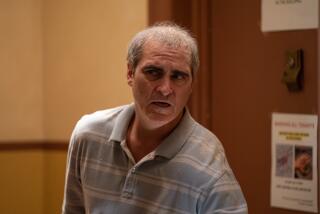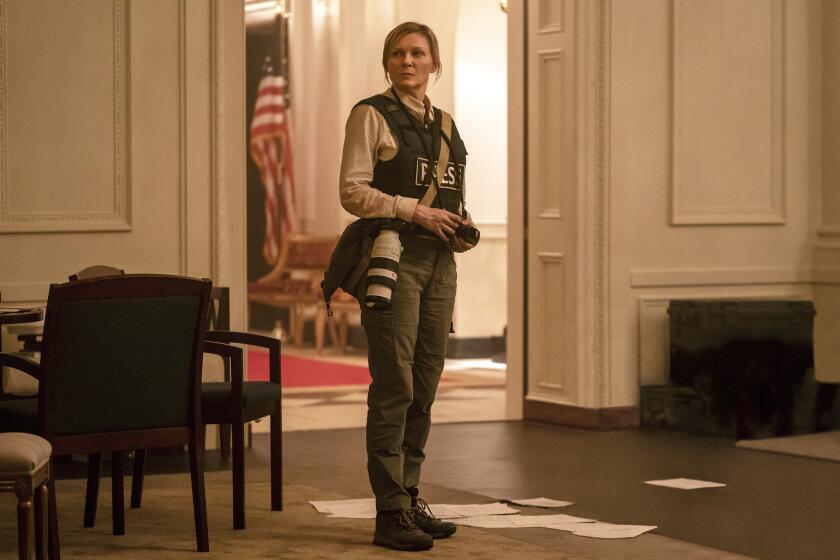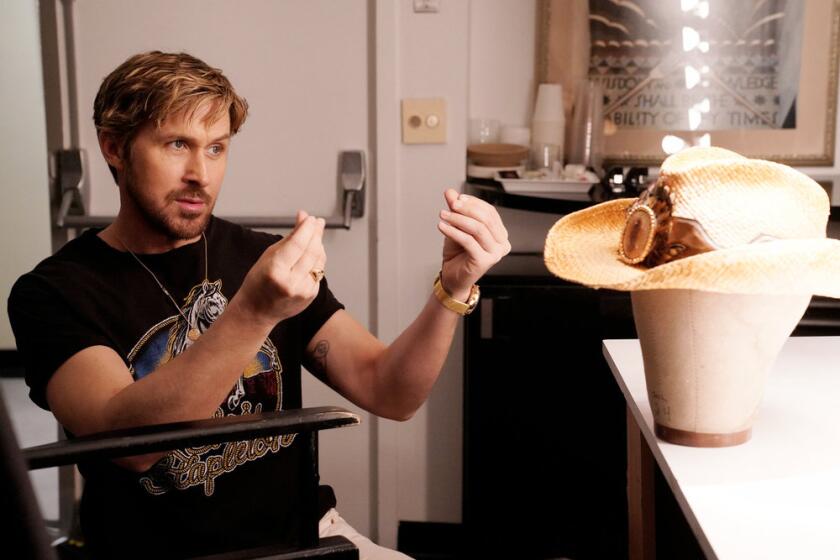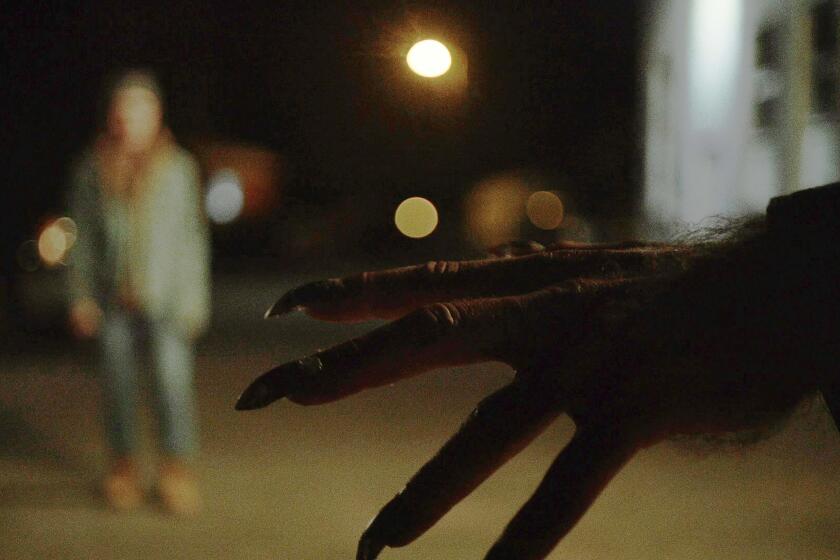Appreciation: Film critic Richard Schickel: Tough, honest and ever hopeful for the next great movie
Garry Shandling can be seen in “Dying Laughing,” a new documentary on comedians, talking with exasperation about a young person who insisted that there must be a secret to success in stand-up. No secret, Shandling had tried to tell him, just sustained hard work.
So it was with the prolific Richard Schickel, for decades one of the giants of American film criticism, who died Saturday at age 84. How did he manage to have not one but three extensive film-related careers, any one of which would have exhausted anyone else? There was no secret. Schickel simply worked harder and was smarter than most. A lot smarter.
For the record:
9:49 p.m. April 15, 2024An earlier version of this article misspelled Garry Shandling’s first name as Gary.
Witty, analytical, tough-minded but always fair, a gifted stylist who believed in honesty but steered clear of cheap shots, Schickel was a model critic for half a century, most of it as Time magazine’s regular reviewer.
His career as a weekly critic began in the long-gone days of Life magazine and extended into the Internet Age with a stint at the popular website Truthdig. Schickel was a lifelong smoker who took pleasure in frustrating much-younger doctors who demanded he stop, and his stamina was legendary. As a high school football player in his native Wisconsin, he once told me with delight, he regularly played offense and defense in the same game.
No matter how many films he’d seen over how many decades, Schickel never lost his enthusiasm for what was new and exciting. Seeing his eyes literally twinkle when the conversation turned to what he’d enjoyed was to know that, without a doubt.
But weekly reviewing was only part of Schickel’s work. He also wrote books, lots of them, writing, co-writing or editing more than three dozen, including research-heavy definitive works on D.W. Griffith and Clint Eastwood.
Even that was not all. Schickel was also the rare critic who was a working member of the Directors Guild, having made an astonishing 30-plus documentaries on film. Highlights include his five-hour history of Warner Bros. titled “You Must Remember This” and his landmark “The Men Who Made the Movies.”
Made in 1973, this eight-part series was based on interviews Schickel conducted with an array of Golden Age directors who are only legendary names to many moviegoers today: Alfred Hitchcock, Frank Capra, George Cukor, Howard Hawks, King Vidor, Raoul Walsh, Vincente Minnelli and William Wellman. That this landmark effort is no longer available for home viewing is truly a shame.
By nature gregarious, Schickel was not a critic who kept himself apart from filmmakers. His friends ranged from reclusive director Stanley Kubrick, whom he visited on his English estate, to “Chinatown” screenwriter Robert Towne.
Perhaps his closest, most sustained relationship was with Eastwood, whom he communicated with frequently and admired as a filmmaker and an individual. Schickel also found time to reconstruct a version of the World War II epic “The Big Red One” that was closer to the wishes of another friend, director Sam Fuller, than anything that had been available before.
OBITUARY: Richard Schickel dies at 84 »
When time away from screenings permitted, Schickel was a voracious reader who devoured mysteries. He also had a surprising fondness for Art Deco furnishings, one that he shared with Time magazine colleagues Richard and Mary Corliss.
But mostly, Schickel loved movies, completely and unreservedly. Though he sometimes lost patience with “the big clanking machines” that Hollywood tended to turn out in recent years, he never lost his optimism that the next film out of the gate would be worth his time.
Even when health problems led to a move to an assisted living facility, Schickel was always happy to look at the films he loved. The last time I saw him, he was hosting a DVD screening for fellow residents of one of his favorites, the Judy Garland-Minnelli charmer “Meet Me in St. Louis.”
The joy he felt was palpable, as was the enthusiasm that enabled him to be such a great critic over so many years. It may sound like the kind of cliché he would have rigorously avoided to say we’ll not see his like again, but in Richard Schickel’s case, it’s the truth.
More to Read
Only good movies
Get the Indie Focus newsletter, Mark Olsen's weekly guide to the world of cinema.
You may occasionally receive promotional content from the Los Angeles Times.






